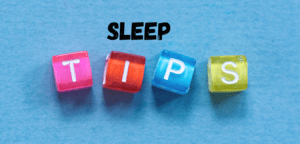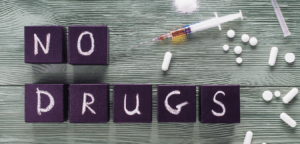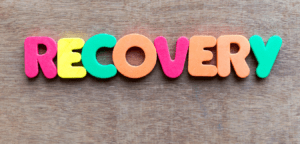1. Find Sober Friends
Addictions often form through the influence of other people. Studies on teens have clearly shown that peer pressure is a powerful motivator for drug use. Teens who spend time with pro-drug friends are more likely to use, compared to teens who spend their time with sober friends.
The same is true for adults. Those who have friendships built on drugs generally find it harder to go to parties, share meals or otherwise interact and still stay sober. The temptation to use can grow and spread. Sober friends are a vital resource to those in recovery.
2. Evaluate the Neighborhood and Move if Necessary
For some people in recovery, the old neighborhood is full of reminders about substance use and abuse. They may be walking by their drug dealers on a daily basis. The street corners, local bar fronts and green parks might remind them of the times they spent getting drunk or high. These memories can be powerful triggers for addiction cravings. They may prove to be too much for recovering addicts to resist. Other people may find that their homes are also loaded with cues to use.
When rehab is over, patients might return to homes filled with drugs. If that is the case, a relapse could easily occur. Moving to a whole new neighborhood may push the reset button on cravings. New vistas and opportunities are then open to explore. The new neighborhood may have fewer available drugs, or it might just be different enough to push the old memories away as the new lifestyle is practiced.
3. Keep Follow-up Appointments
Drug rehab programs sometimes work on a stair-step model, where the care provided becomes less and less intense. The addicts eventually handle sobriety without assistance. Often, this means that people must head to appointments with counselors on their own, even though the formal rehab program is completed.
Life can get hectic and demands on time can build and build. However, skipping follow-up appointments is not advisable. The work toward recovery should continue. Each appointment should be considered vital to long-term success in sobriety.
4. Focus on Mental Health
Returning to an old routine can bring stress and anxiety, especially if people are dealing with an intense craving for alcohol or drugs. Those in recovery should avoid focusing on the negatives. If sadness or depression builds too much, a relapse is more likely to happen.
Finding a moment in each and every day to do something positive is important. A few moments of morning meditation, for example, could help clear the clouds of anxiety. This could bring the person the peace needed for the rest of the day.
Exercise plays a key role as well. While researchers aren’t quite sure how mental health and physical activity are linked, findings indicate that depression and anxiety levels can lower when a person exercises regularly. Taking a walk with the dog, swimming a few laps in the pool or lifting weights in the basement could provide a little boost to mood. Such actions could also help a person feel just a little stronger and a lot healthier.
- Find a Support Group
Drug rehab programs often utilize support groups. Narcotics Anonymous (NA) and Alcoholics Anonymous (AA) are two such groups. Programs like this can bring a feeling of affiliation, which helps people to feel less alone in their struggle to maintain sobriety and deal with life’s challenges. When rehab is over, it can be tempting to skip meetings in favor of simply visiting with family and friends.
In a support group, participants continue to learn more about addiction and what life can look like without drugs. They tap into a network of people who are working their way through similar issues. Everyone has personal goals to work toward. In addition to being inspirational, these meetings with peers provide members the opportunity to say things that would be uncomfortable or stressful to share with family. All in all, it’s essential not to skip such meetings. They’re a necessary part of the healing process.
6. Help Someone Else
In rehab, people spend a significant amount of time talking about what they need to do to improve their personal lives. However, research suggests that helping others can be a vital part of the recovery process as well. In helping others, experiences are shared and encouragement is given. In the process, addicts who are further down the road of recovery can reflect on their own struggles for sobriety. This often makes petty daily concerns melt away, as they focus on maintaining gains achieved through rehab.
Giving back and doing good helps make the heart feel more satisfied. This could be just the sort of sensation recovering addicts need in order to maintain sobriety when the rehab program has ended.
7. Stay Alert for Signs of Relapse
Addiction is a chronic illness. As a result, 40 to 60 percent of people in the process of recovery relapse at least once. This doesn’t mean that addiction treatment isn’t effective. It simply means that change is difficult. People in recovery must have their guard up at all times if they want to maintain sobriety. For starters, understanding where personal vulnerability exists is helpful. For some, feelings of sadness or loss may trigger a relapse. For others, a sensation of happiness or power may trigger it. Whatever the trigger, such thoughts can swirl around in the brain. If entertained, they may grow stronger and stronger until a relapse occurs. Capturing and identifying such thoughts is a key to stopping a relapse.
Friends and family members might also be helpful here. They might be a more objective observer. If they are educated on relapses and personal triggers, they can help troubleshoot and avert danger. While they can’t be expected to step in and stop a relapse from taking place, they can speak up and speak out when they sense trouble. This might, however, be the prompt that makes all the difference in the world.
Credited to: michaelshouse










